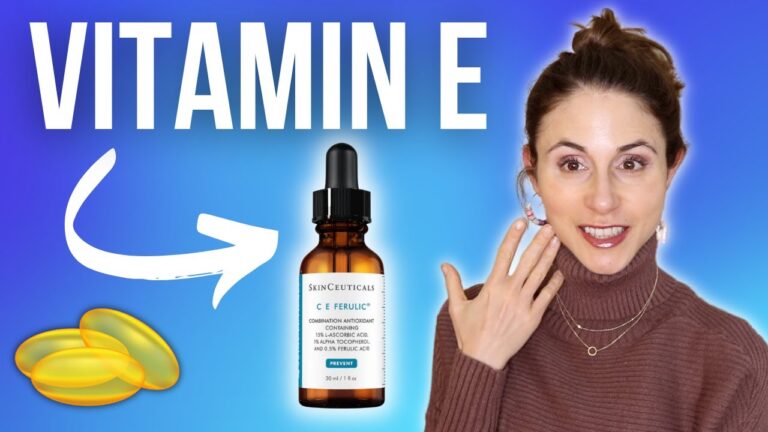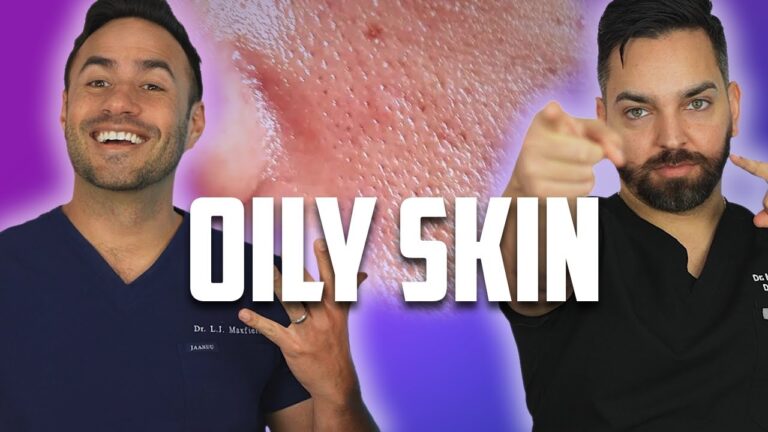5 Effective Skin Fungal Acne Treatments for Clear and Healthy Skin
In today’s beauty industry, skin fungal acne has become a significant concern. More people than ever before are experiencing fungal acne. This type of acne is different from traditional acne in many ways, and so the treatment for it differs as well. Many people are confused about how to treat it and what products to use. In this article, we will provide you with everything you need to know about fungal acne and the products that can help keep it at bay.
What is Fungal Acne?
It is essential to know what fungal acne is before we can talk about treatment options. Traditionally, acne is caused by bacteria, and it often appears as pimples or blackheads on the skin’s surface. Fungal acne, on the other hand, is caused by an overgrowth of yeast on the skin. This type of acne can look very similar to traditional acne but is usually made up of small, itchy bumps that are often sore to the touch.
Malassezia is the type of yeast that causes fungal acne. This yeast is naturally present on the skin but can grow and spread quickly when triggered by certain factors. These factors can include hormonal imbalances, excessive sweating, and changes in the climate or environment.
Treating Fungal Acne
The first step to treating fungal acne is to identify it correctly. Regular acne treatments, such as benzoyl peroxide or salicylic acid, will not work on fungal acne.
There are many products that can help treat fungal acne, including topical antifungal creams and lotions. These products work by killing the yeast that causes fungal acne, thus eliminating the problem from the root. Some popular antifungal products that are commonly used include Nizoral shampoo and Lamisil cream. Both of these products are readily available over the counter and have been proven effective in treating fungal acne.
Tips to Prevent Fungal Acne
While treating fungal acne is critical, it is also important to take preventative measures to keep it from coming back. Here are some tips that you can follow to reduce the chances of developing fungal acne:
- Shower regularly and dry yourself thoroughly, paying attention to areas that are more prone to sweat, such as your armpits and groin.
- Avoid tight-fitting clothing and stick to loose, breathable fabrics.
- Keep your skin clean and dry as much as possible, especially in areas that are prone to sweating.
- Avoid using heavy or occlusive skincare products, such as oil-based moisturizers, which can create an ideal environment for fungal growth.
- Use antifungal powders or sprays on areas that are prone to sweating, such as your feet, to help keep the skin dry and prevent fungal growth.
Conclusion
Fungal acne can be a frustrating condition to deal with, but with the right treatment and preventative measures, it is possible to keep it at bay. Remember, if you suspect you have fungal acne, it is important to speak with a dermatologist to confirm the diagnosis and develop an appropriate treatment plan.
Stay vigilant in your skincare routine and make sure to follow the prevention tips mentioned above. With the right approach, you can keep your skin healthy and clear of fungal acne.
Most searched products:
Does Sephora Support Israel? Answering Your Questions
The Ultimate Guide to Azealic Acid: Benefits, Uses, and Side Effects
How Long Does Glycolic Acid Take to Show Results: Your Ultimate Guide
Discover the Benefits of The Ordinary Botox for Your Skin
The Ultimate Reviews of The Ordinary Peeling Solution
The Ultimate Guide to The Ordinary Colours Foundation: Reviews, Swatches, and Tips
The Perfect Order: When to Use Retinol and Niacinamide in Your Skincare Routine
Unlock the Power of Hyaluronic: Benefits, Uses, and Top Products
Say Goodbye to B.O with Glycolic Acid Deodorant: The Secret to Long-Lasting Freshness
Unlock Smooth and Supple Skin: Discover the Best Skincare Products for Skin Suppleness








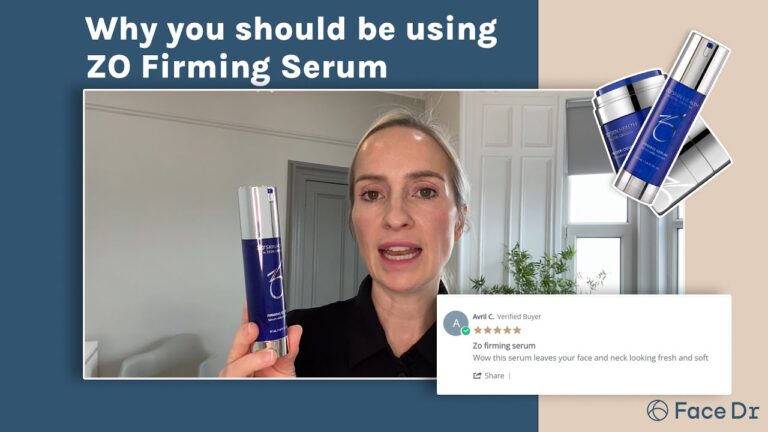
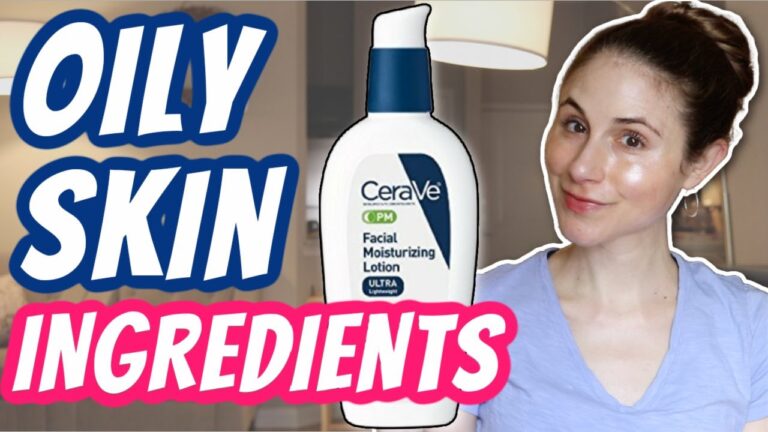
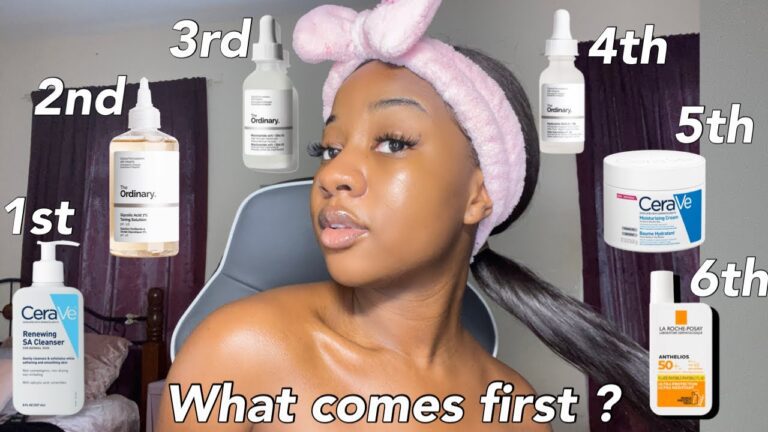
![Top 10 Best Toners for All Skin Types in [Current Year] – Expert Reviews and Buying Guide](https://cdn.theordinary.uk/wp-content/uploads/2023/04/top-10-best-toners-for-all-skin-768x432.jpg)
